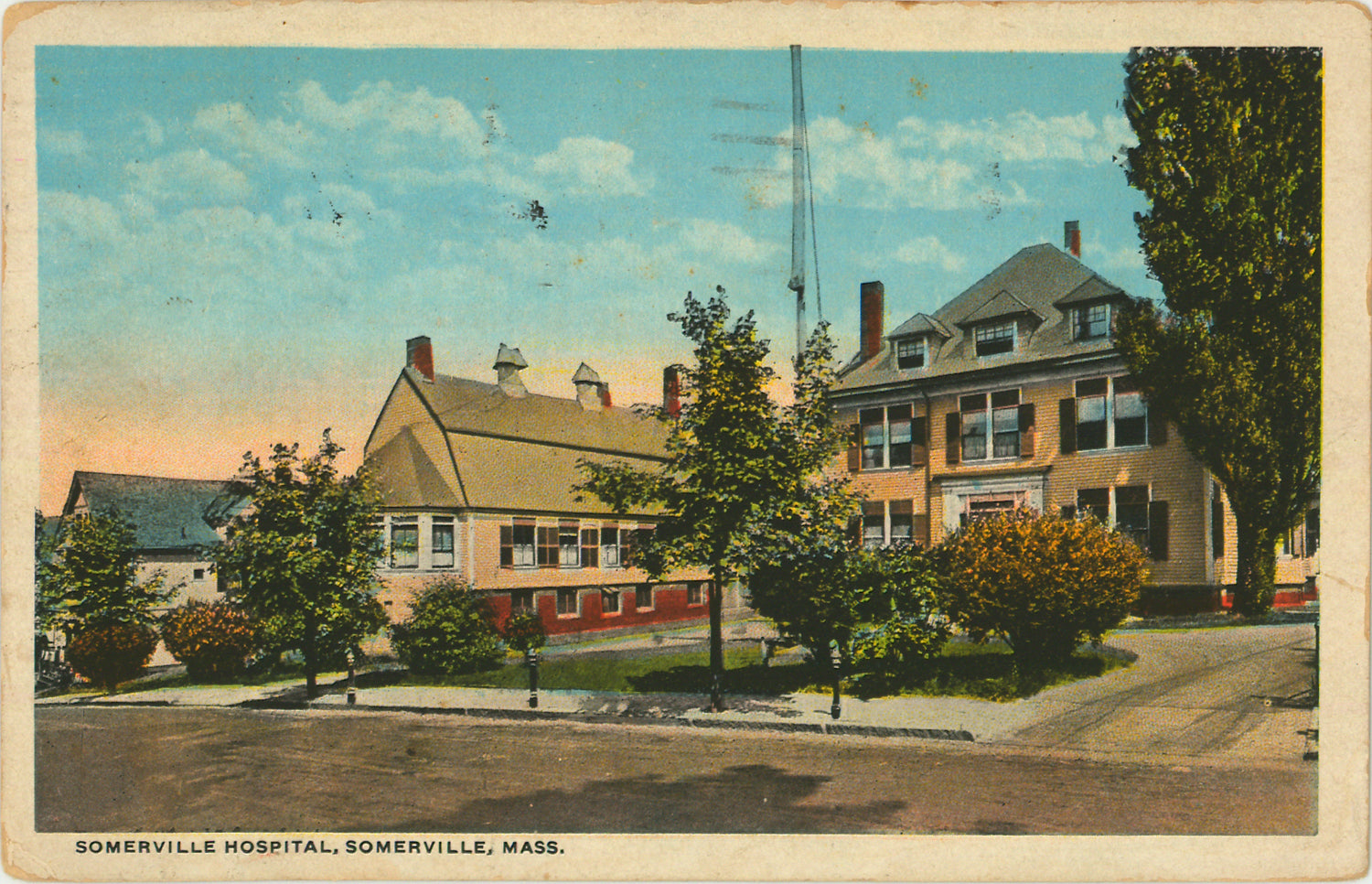
“We can get a place that works for you and has a contract with your insurance company,” she said. That’s sending patients outside the system, but CHA has a plan for that, Bayer said. There are now 12 left.ĬHA has already closed the TCU at Whidden Hospital. Three years ago there were two dozen hospital-based TCUs in Massachusetts. Medicare and Medicaid rules drastically changed how hospitals are paid for transitional care. The bad news? That sends Somerville patients recovering from surgery to Cambridge, Belmont, Arlington and Medford. The good news? That saves about $3.3 million. In Somerville, they have been able to recover for a 10-14 day period at the Somerville Hospital campus, which was easy on some family members – it’s right on the 88 bus line and has fairly ample parking. Patients like those getting hip replacements need not just recovery time but therapy before going home. The savings is greater when it comes to the Transitional Care Unit. “So actually, the service is not truly changing from a patient’s point of view,” Sayah said.īy not having a team on call that comes in maybe once a week, by Bayer’s estimation, the hospitals save half a million dollars. Instead of waiting for staff to come from home, Somerville Hospital sometimes does put the patient, once stabilized, in an ambulance to Cambridge instead of in an elevator, and it is sometimes faster that way. That means if a patient with a bursting appendix comes into Somerville for immediate care, staff can be called in from home to prepare the room for surgery.Īccording to studies completed at CHA, in some cases, when the patient is taken by ambulance to Cambridge Hospital, “it is equal or even shorter time today, even when we have an OR here in Somerville,” Sayah said. “It’s very important to keep in the city,” he said.Īccording to Bayer, that’s what these changes do.Ĭurrent regulations require a back-up team of nurses and anesthesiologists be on-call for any surgery. Ward 7 Alderman Bob Trane said the Somerville Hospital was invaluable to the city’s residents who can’t afford expensive care at larger teaching hospitals like Massachusetts General, or those without health insurance. “There are a lot of rumors out there about the operating table closing at Somerville Hospital,” Alderman at Large Dennis Sullivan said. “It’s no secret, the Cambridge Health Alliance had to do some cutting back,” Roche said. A birthing center in Cambridge attracts patients to that site, and the gastro-intestinal department recently enlarged in Somerville sees referral to that campus from many other locations – 66 percent of its patients are referred in from Somerville.Įarlier this year when it was rumored the Cambridge Health Alliance was losing money, questions began surfacing, Ward 1 Alderman Bill Roche said. The combining of three hospitals into one entity has created some redundancies as well as opportunities, which have lead to changes over the years. The third hospital, Whidden Memorial of Everett, joined the group in 2001. In 1996 the private, nonprofit Somerville Hospital merged with city-owned Cambridge Hospital, and Cambridge Health Alliance was born.



Somerville Hospital was founded in 1891, spurred into being after an editorial supporting it appeared in the Somerville Journal.


 0 kommentar(er)
0 kommentar(er)
